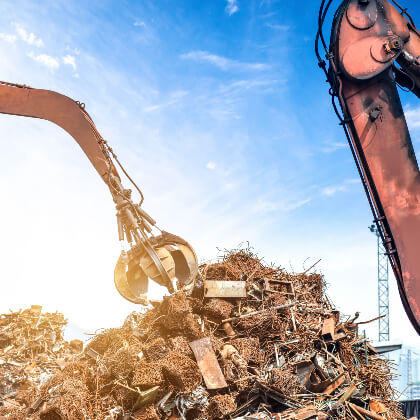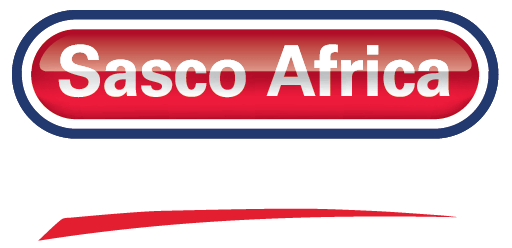
Efficient waste management is a critical aspect of modern society, impacting not only the environment but also the economy. As industries and municipalities strive to reduce their environmental footprint, accurately measuring waste becomes essential. Understanding the methods and technologies used to weigh waste can lead to more effective recycling programs, cost savings, and compliance with regulations.
Waste comes in various forms—solid, liquid, hazardous, and recyclable—and each type requires specific weighing solutions. From small-scale operations to large industrial facilities, the need for precise waste measurement is universal. This article delves into the techniques and equipment used to weigh waste, highlighting the importance of accuracy and efficiency in waste management practices.
Exploring the different methods of waste weighing can provide valuable insights for businesses and municipalities alike. By implementing the right weighing systems, organizations can enhance their waste management strategies, contributing to sustainability and operational efficiency.
The Importance of Accurate Waste Weighing
Accurate waste weighing is fundamental to effective waste management. It allows organizations to track the amount of waste generated, which is essential for regulatory compliance and environmental reporting. Precise measurements enable companies to identify areas where waste reduction is possible, leading to cost savings and improved sustainability practices.
Waste weighing also plays a crucial role in billing and revenue generation. For waste disposal companies and recycling facilities, charging clients based on the exact weight of waste ensures fairness and transparency. It eliminates disputes over charges and fosters trust between service providers and clients.
Moreover, accurate waste measurements contribute to environmental conservation efforts. By knowing exactly how much waste is produced, organizations can set realistic recycling targets and monitor progress over time. This data is vital for developing strategies to minimize landfill use and reduce greenhouse gas emissions associated with waste decomposition.
Types of Waste Weighing Equipment
Various types of equipment are used to weigh waste, each suited to different applications and scales of operation. One common type is the floor scale, which is suitable for weighing large bins and containers. These scales are robust and can handle substantial weights, making them ideal for industrial settings.
Another type is the onboard vehicle weighing system. These systems are installed on waste collection trucks to measure the weight of waste as it is collected. This real-time data collection is efficient for route planning and tracking waste collection progress. It also aids in preventing vehicle overloading, which can reduce maintenance costs and enhance safety.
Weighbridges are large scales used for weighing vehicles before and after loading waste. By subtracting the empty vehicle weight from the loaded weight, the exact weight of the waste is determined. Weighbridges are essential for waste transfer stations and landfills where large quantities of waste are handled daily.
Implementing Efficient Waste Weighing Practices
To implement efficient waste weighing practices, organizations should first assess their specific needs. Factors such as the type of waste, volume, and the physical layout of the facility influence the choice of weighing equipment. Consulting with experts can help in selecting the most appropriate and cost-effective solutions.
Training staff on the proper use of weighing equipment is also crucial. Accurate readings depend on correct operation and maintenance of the scales. Regular calibration and servicing of equipment ensure consistent performance and compliance with industry standards.
Integrating weighing systems with data management software can further enhance waste management. Digital records allow for easy tracking and analysis of waste generation patterns. This integration facilitates regulatory reporting and helps in making informed decisions to improve operational efficiency.
Conclusion
Effective waste management relies heavily on the ability to accurately measure the waste generated. Understanding and utilizing the appropriate weighing systems is essential for compliance, cost management, and environmental sustainability. By investing in the right equipment and practices, organizations can significantly improve their waste handling processes.
Exploring advanced weighing solutions can make a substantial difference in operational efficiency. Whether it is a small business or a large industrial facility, the right weighing equipment ensures precision and reliability. Embracing these technologies is a step towards more sustainable and responsible waste management.
For those seeking to enhance their waste weighing capabilities, consider browsing our extensive range of weighing systems and scales. Sasco Africa offers solutions tailored to diverse needs, ensuring quality and accuracy in every measurement. Explore our products to find the perfect fit for your waste management requirements.


